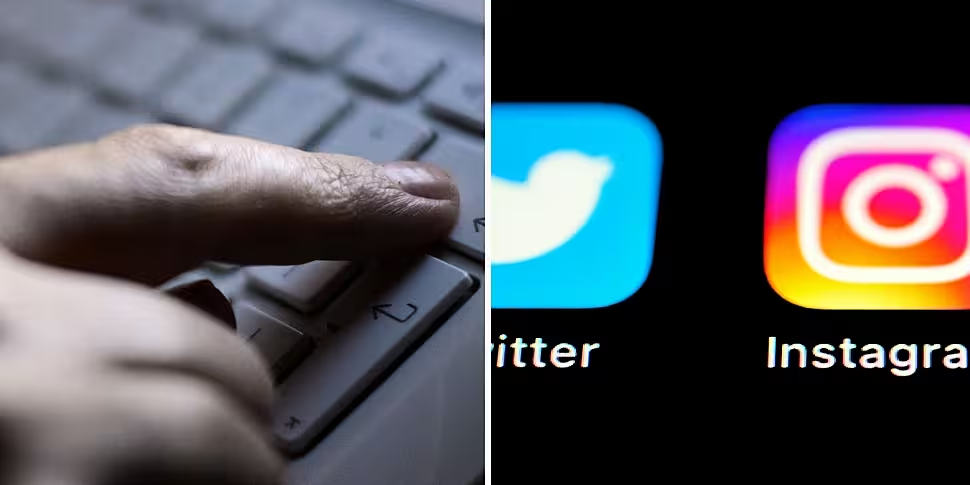Legislative action may be needed to greater protect female politicians from harassment, according to the National Women's Council.
It comes as at least two female politicians contacted Gardaí after being subjected to sustained harassment.
They spoke to the Irish Examiner on condition of anonymity and outlined their experiences.
This included men showing up to their homes and sending them threatening and sexually explicit messages.
One of the women says it started with 'odd messages' after the election, asking to meet up and go on walks.
He then turned up at her house and said: 'You look even sexier in real life'. "I was terrified and told him to leave," she told the paper.
Emma DeSouza is women in leadership coordinator at the National Women's Council of Ireland.
She told Pat Kenny these experiences which the politicians described did not surprise her.
"The National Women's Council stands with all women who experience violence or harassment, and are deeply concerned that this is not a one-off but actually is becoming rather common in Ireland.
"This level of abuse and harassment being experienced by female parliamentarians is a significant and increasing barrier to women entering public office".
She says the impact of harassment on women's representation is two-fold - both in terms of retention and increasing representation.
"No one should face threats of violence, including rape, in performing their public duties.
"It's clear from the experiences shared yesterday that more needs to be done to tackle and proactively address these issues, and there needs to be more supports around security and safety".
She says harassment against women is not new, but the problem is moving from online to real life situations.
"One in four women experience some form of domestic or sexual or gender-based violence.
"Women continue to experience misogyny and high levels of harassment, and we see this increasing especially on the online platforms - but now, as we've seen, also to the offline platforms too".
'Political parties have a responsibility'
She says it has to be dealt with by all stakeholders.
"For example, political parties have a responsibility to ensure the safety of their parliamentarians.
"And NWC is undertaking current new research in examining how political parties are supporting female parliamentarians, and other members, who are experiencing high levels of online abuse and harassment - and what protocols that they have in place to protect their members."
She says this would have to see better supports by the parties.
"It's about ensuring that female parliamentarians are supported to deal with that harassment - do they have someone to go to to report the harassment they are receiving?
"What is the response from the political party in terms of trying to address that harassment? Do they have support networks around them in terms of their mental health and their well-being?"
'Outdated perceptions of women'
And she says the online platforms themselves have a role to play, as well as changes to legislation.
"There is no standalone stalking legislation: I know that Stalking Ireland is calling for legislation around a standalone stalking piece of legislation - and NWC fully supports their campaign in achieving that.
"So there's lots of different areas that need to be addressed".
And she says society, and the media, need to normalise women in political roles.
"There certainly is still a prevalence of outdated perceptions of women in these spaces.
"We see it in terms of some of the experiences of female parliamentarians and in terms of how women are portrayed in the media and in public spaces.
"There are still outdated stereotypes that exist and they need to be challenged".









